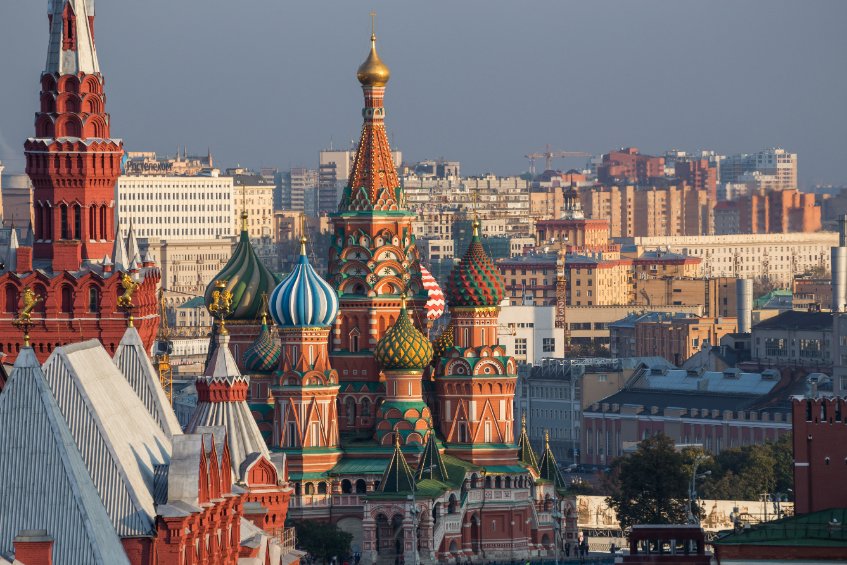
Sanctions.
Unquestionably a buzzword within cryptocurrency circles – alongside censorship, regulation and centralisation.
This week has proven how big an issue this is – and the growing interest of law enforcement in cryptocurrency. The United States announced Wednesday the takedown of a Russian-Venezuelan network that used Tether (USDT) to move money around illegally.
International sanctions were levelled aggressively against Russia after the invasion of Ukraine in February. That quickly brought up the topic of cryptocurrency, and its potential ability to circumvent such sanctions, into the limelight.
Censorship-resistance is a pillar of crypto
On the one sense, censorship resistance is great. Indeed, it is one of the backbones of cryptocurrency. Through that seductive quality of decentralisation, individuals gain the ability to take control of their wealth and avoid the influence of governments and other central entities.
This decentralisation and censorship-resistance offers all sorts of benefits. Think of those living under untrustworthy regimes, now with an avenue to gain some control over the wealth. Citizens seeing mass inflation via incompetent governments, who can now simply buy stablecoins with minimal effort, hence storing their value in USD.
These advantages are more or less acknowledged by everybody. To me, they present some of the reasons I am so enthralled with this odd little industry. It helps to break down financial privilege, allowing citizens of developing nations the chance to preserve their wealth. Sure, bitcoin is incredibly volatile and currently grossly unsuitable as a store of value, but cryptocurrency also extends to stablecoins, less volatile coins – there is a whole raft of options.
Is decentralisation also a disadvantage?
Many decry Tether for the fact it is centralised. Oh – you’re subject to the whims of the US government, they argue. And they’re right. Take a look at last month’s events with Tornado Cash, the cash mixer on Ethereum, to see this.
The government can order Tether to freeze wallets whenever it wants, and Tether must comply. They are a regulated company – and that is how regulated companies are obliged to act.
This is why I have argued for so long about how centralised Ethereum is. The entire ecosystem is so dependent on centralised stables like Tether and Circle. If the capital flowing through the system is centralised and subject to censorship, then how can Ethereum – or DeFi at large – be decentralised?
But we need to confront the disadvantages of decentralisation, too. As magical as it is – and for all the doors it opens up – there are also very significant drawbacks. The ability of actors to circumvent international sanctions is one. This is an ominous yet very real reality – decentralised cryptocurrencies do help this.
What happened this week?
This week’s announcement – that the US Department of Justice was pressing charges against five Russian an d two Venezuelans accused of maintaining a global network of money laundering and trade with sanctioned companies – highlights how real an issue this is.
The Department of Justice announced that the accused facilitated the trade of hundreds of millions of barrels of oil which were subsequently shippied to Russian and Chinese buyers. Additionally, members of the cohort were accused of smuggling military technology to Russia.
As Russia continues to terrorise Ukraine, this paints a sombre picture of cryptocurrency aiding the war effort. According to The Block, one of the accused, Russian national Yury Orekhov, reportedly told an accomplice “no worries, no stress. As soon as we start berthing, we will immediately transfer. USDT works quick like SMS”.
Pro-Russian paramilitary groups have also reportedly used cryptocurrencies to fund their activities. Having said that, Ukraine have leveraged the crypto donation angle significantly more – raising over $100 million following a plea from its vice-president on Twitter.
And this is with a centralised cryptocurrency like Tether, meaning the potential concerns expand to all of cryptocurrency, rather than just decentralised coins. For the latter, however, the means for law enforcement to curtail the illegal activity is greatly reduced – both an incredible blessing but also a scary prospect.
Is it worth it?
Like a lot of things, there is good and bad here.
It comes to whether the positives outweigh the negatives. Does the power of decentralisation and all the good it can offer the world outweigh the potential for bad actors to transact more freely?
I believe it does, but we need to be careful about how we go about this, while not overlooking the very sinister things happening at the fringes of this industry. Law enforcement has a part to play too, of course, and the developments this week show they are beginning to do that more and more.
To close this off, decentralisation is amazing. But it’s not perfect – and that needs to be acknowledged. Hopefully the good can continue to outweigh the bad. But next time you wax lyrical about a utopian future built upon a decentralised framework, consider the fact that there are also drawdowns.

